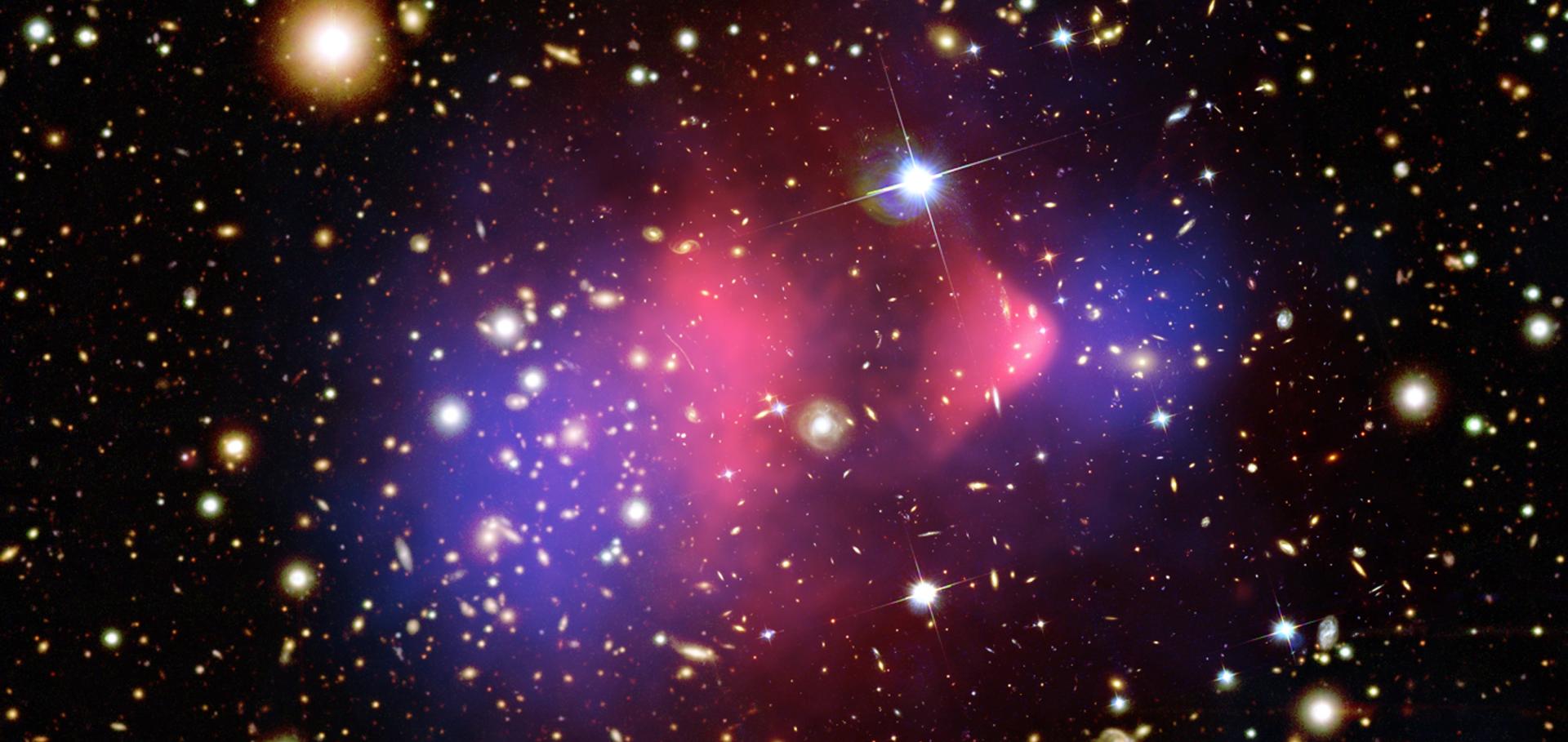Jocelyn Monroe is an experimental particle physicist, studying dark matter and neutrinos. Jocelyn currently works on the DarkSide-20k direct dark matter detection experiment, where she serves as Deputy Spokesperson, and on developing novel detectors for dark matter and neutrino physics with the QUEST-DMC Quantum Technologies for Fundamental Physics project.
Jocelyn joined the Oxford Physics Department in 2023, moving from Royal Holloway, University of London where she founded the Dark Matter & Neutrino research group in 2011, collaborated on the DEAP-3600 and HPTPC experiments, and served as the Director of Research for the School of Engineering, Physical, and Mathematical Sciences from 2021-23. From 2009 Jocelyn was an Assistant Professor in the MIT Physics Department, where she collaborated on the DMTPC project to develop direction-sensitive detectors to search for the dark matter wind. From 2006-09 she was a Pappalardo Fellow in MIT's Laboratory for Nuclear Science, collaborating on the SNO solar neutrino experiment. Jocelyn earned her Ph.D. from Columbia University in 2006, where her dissertation research was on the MiniBooNE neutrino oscillation experiment. From 1999-2000, she was an Engineering Physicist at the Fermi National Accelerator Laboratory, where her research was on muon beam cooling. Jocelyn earned her B.A. in Astrophysics from Columbia University in 1999.
Jocelyn currently serves on the CERN Scientific Policy Committee, and as Editor-in-Chief of the European Physical Journal C Astroparticle Physics section. In the past, she has chaired the UK Science & Technology Facilities Council Particle Physics Experiment grants panel, served on the CERN SPS and PS Experiments Committee, which reviews a large group of experiments using some of the accelerator facilities at CERN, and on the US Long Baseline Neutrino Committee, which is the scientific advisory committee for the DUNE experiment.


